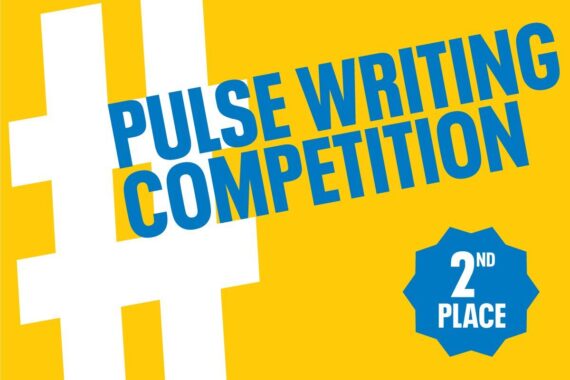On the theme ‘A case I’ll never forget’, the runner-up in Pulse’s writing competition Dr Paul O’Reilly recalls why a patient’s last question may be just as important as their first
It was the end of a crap consultation, the last on a Friday evening full of whining self-pity, unilateral pain and total-body candida. Just because you’re a drug addict doesn’t mean you can’t be a hypochondriac. And even 15 years of intravenous crack and heroin to an accumulated value of a quarter of a million quid can’t cure borderline personality disorder. And on her way out, she paused with her hand on the door handle and I knew there was one more question coming.
My heart sank.
‘Doctor,’ she began. ‘Do you think it would be better for my children if I was dead?’
‘How do you mean?’ I asked, perplexed. In my defence, it was the first unpredictable thing she had said in 20 minutes and my mind had begun to stray.
‘They’ve been in care for four years. The court won’t let me have access, won’t let me even speak with them on the phone…they say it’s for the children’s good because I might do them harm…’
And then a long pause.
‘… And, I know they’re right.’
A longer pause.
‘So maybe it would be best for them if I…umm… just wasn’t alive?’
My sceptical mind registered the various possibilities. Was she pretending? Was she defending the indefensible – drug addicts often do?
Was she mawkishly seeking sympathy? Was she looking for some secondary gain? In my line of work we tend towards such cynicism.
But it was not so. She was simply seeking from her trusted medical advisor an honest answer to a conceptually simple question: was it the best thing for her children for their mother to be dead rather than a living danger to them?
Quite what she would have done if I had thoughtlessly answered ‘yes’, I hope never to know; there is such a thing in general practice as too much responsibility. From some deep, previously unsuspected, recess in my heart I found an unwonted spring of compassion, and I explained that she was the only mother her children would ever have.
While it might be best that, in her times of illness, others should bear her responsibilities, and even that her children be for a time protected from her illness, she would always be their mother. She would always be their gift of life and she must always live in the knowledge and love of life.
In an unusually evangelical moment, I would not let her leave until she believed as I believed that she was someone in the world and someone needed in the world.
And when she had gone, I wondered how many others had, for whatever reason, not felt able to ask their
door-handle question. And I made myself a promise – yes I know, not for the first time – that whatever the temptations to the contrary, I would always treat the patient’s last question as I had treated the first.
Dr Paul O’Reilly is a GP in London
Pulse October survey
Take our July 2025 survey to potentially win £1.000 worth of tokens













Wonderful scrapbook of tales about those privileged to be a GP in the uncorrupted setting when your patient was your first concern.
Absolutely wonderful Paul and extremely moving. We have to ask ourselves as a profession is the move to telephone ‘call centre’ medicine a progressive step? Your chat would never have happened like that over a phone call and you made all the difference in the world to her. Many congratulations and deep respect. Dave